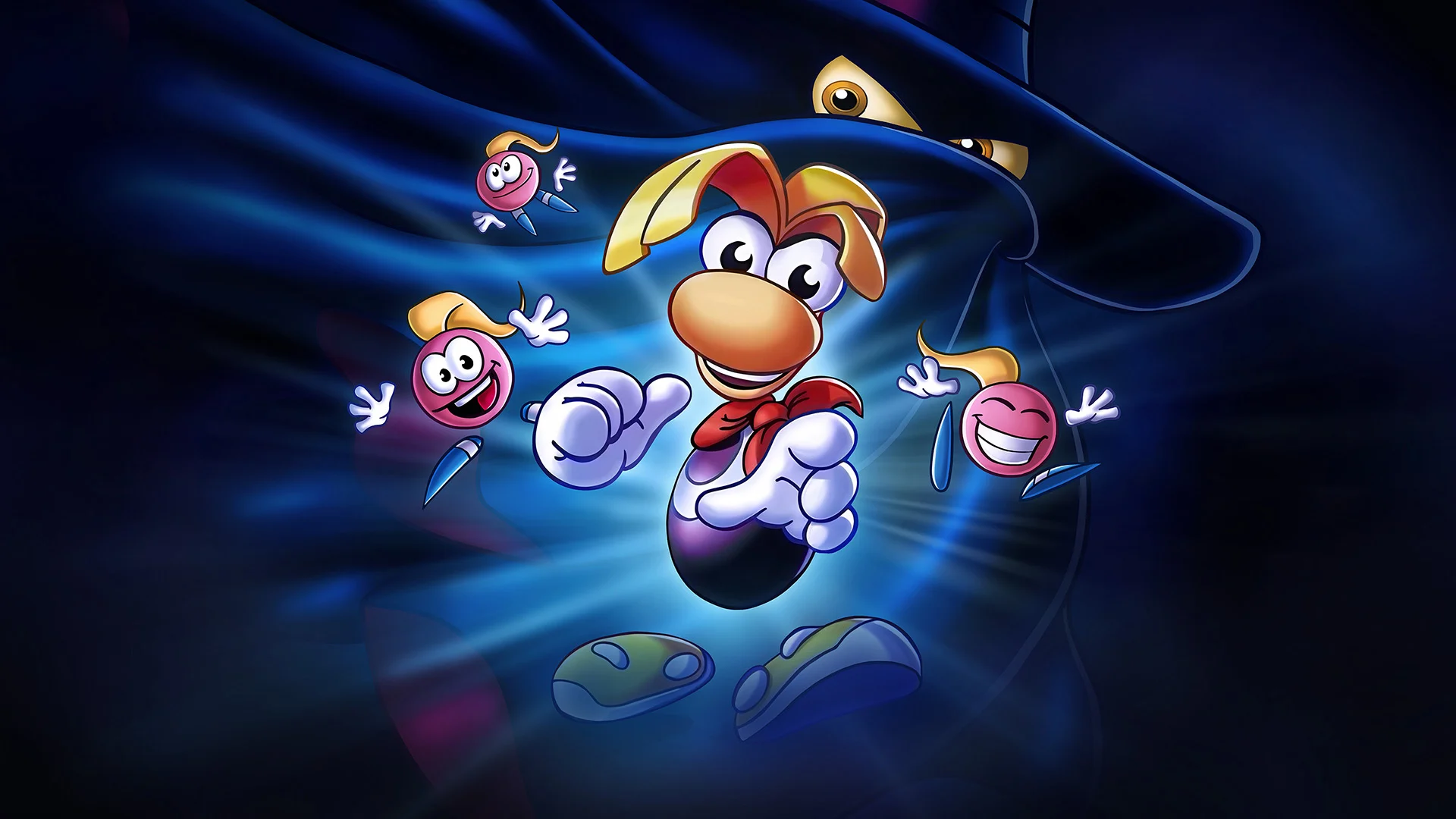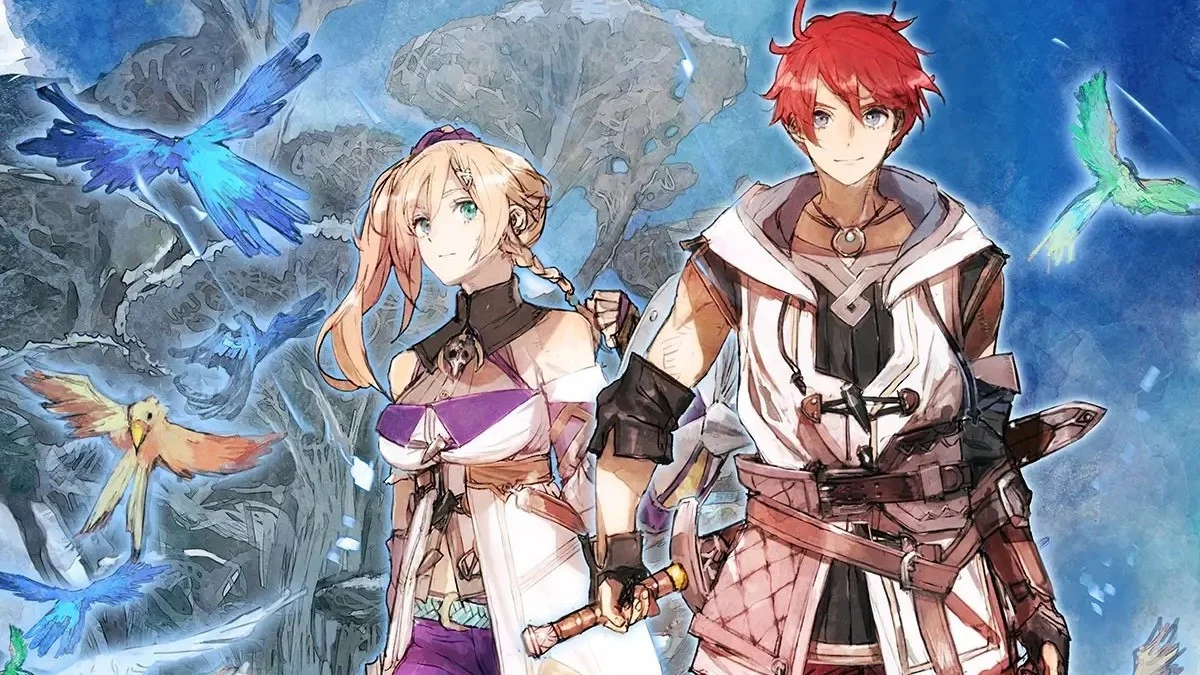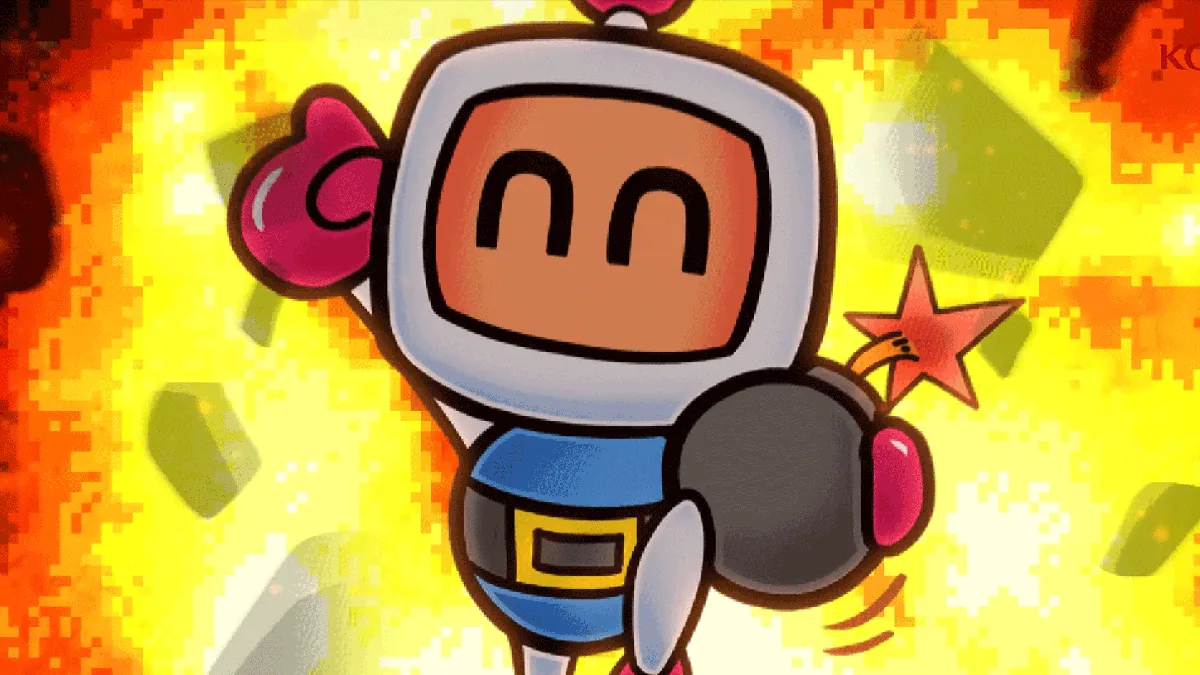In a time where genres are constantly blending together, it’s hard to feel excitement about them. But Yoku’s Island Express, a pinball game mixed with a Metroid-style platformer from developer Villa Gorilla, is one of those rare exceptions. It’s a delightfully charming and inventive game that seamlessly blends pinball and platforming mechanics together to fantastic effect, resulting one of the bigger surprises this year.
Yoku’s a beetle who moves to an island to take over as its new postmaster. Excited to settle in and enjoy his new station in life, things unfortunately are awry when he arrives. The island’s deity has been put in a deep slumber, which the residents suspect is the result of some sort of foul play. Fearing the worst, Yoku’s asked to seek out the other village chiefs to figure out what’s going on.
As it plays like pinball, traversal is largely handled by pinball paddles. Instead of making precise jumps, you merely roll on top of paddles to propel yourself where you need to go. The level design is such that you don’t have to perform any complex maneuvers to get around; apart from the rooms where you play a traditional game of pinball, it’s simply a matter of moving between paddles to get around. It essentially automates platforming to expedite traversal. In Yoku‘s case, that’s good: if the game didn’t just send you where you needed to go, using paddles to get around would be a nightmare. Instead, it’s a breeze and a joy to watch and partake in. It also makes backtracking easier.
The traditional pinball sections are where the game inserts its challenge. Though there are no fail states — the only penalty for falling into the drain is the loss of a couple pieces of fruit, which acts as currency and is easily regained — the usual difficulties of pinball still remain. The general goal of each pinball room is to unlock the exit. The door only opens once all the shards have been collected, each one hidden around the board either behind obstacles or as prizes for hitting buttons, activating lights, and so on. Aiming the ball to hit those areas is challenging due to how precise you have to be with the timing and angle, but never frustrating. That’s in large part because there are no fail states, but also the simple fact that it becomes a simple game of pinball.

The game follows the “metroidvania” school of design to a certain degree. Though you generally have almost full access to the island from the start, there are a select few areas that require additional skills. The snowy peaks require a grappling hook, for instance, just as the caves underneath the island can be only be reached once you can swim underwater. While they do act as gates to lock off access to certain areas, they don’t feel that way. Apart from the story-critical zones, any instances of grappling hook points or bodies of water either lead to small detours or provide shortcuts. It’s not like your average instance where they’re used to railroad you down a very specific path through the world. You’re free to explore the majority of the island and take on the story objectives in whatever order you see fit, with everything else acting purely as optional content.
One the things that makes exploring so fun is how easy it is to stumble into something. Back at the start of the game, where my sole objective was to make my way to the main village, I ended up taking a detour and found myself moving through a lengthy series of pinball rooms to help a slug farmer retrieve their tools. That let me use those slugs — which are explosive, by the way — to clear rocks and other obstacles that may lie in my way. I thought it was just a side-quest at first, but it turned out to be something pretty crucial. Because the game doesn’t prescribe a specific path forward, it’s easy to stumble into situations like this. It’s sort of like Hollow Knight in that sense: a game that uses “metroidvania” design to encourage exploration without forcing you down a certain path.
Mixing pinball and platforming together feels like one of those ideas that should have been done to death already given how natural a pairing it is. Using paddles to get around instead of manually jumping, pinball fixtures like bumpers both aiding and hindering your progress, map perfectly onto traversal, making the basic act of movement as fun to watch as it is to pull off. Platformers are a pretty tried and true genre, but games like Yoku’s Island Express still show there’s plenty of ways to keep them fresh and exciting.




